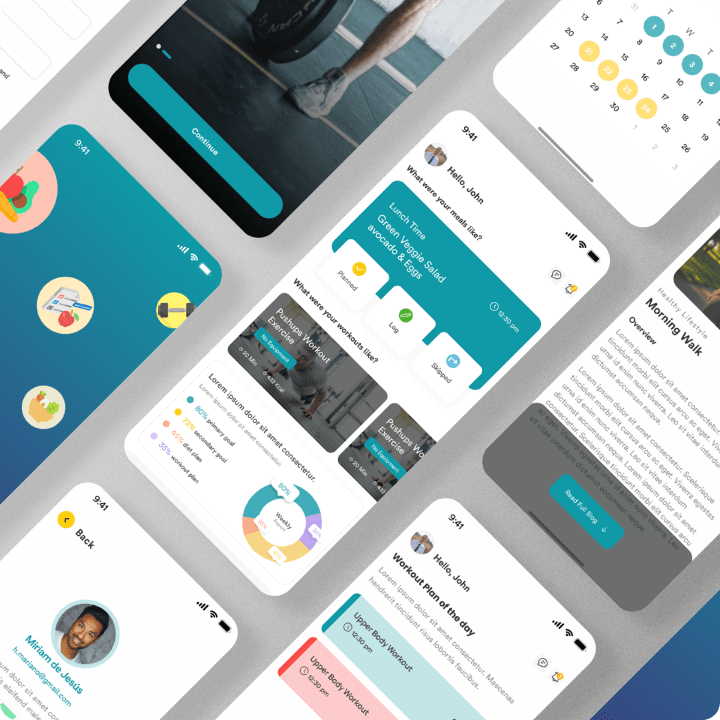The Challenges
Chronic care is often fragmented and inefficient. Healthcare providers struggle with:
- Scattered Health Records
Patient vitals, labs, and notes are often stored in separate systems, making it difficult to form a cohesive clinical picture. - Inconsistent Assessments
Manual data entry and irregular updates lead to gaps in evaluation and care continuity. - Generic Treatment Plans
Patients receive non-personalized plans that don’t reflect their unique conditions, goals, or nutritional needs. - Poor Progress Tracking
Long-term changes in health metrics like BMI or blood sugar are not systematically logged or evaluated. - Undefined Care Roles
Physicians, dietitians, and patients often operate in silos with unclear accountability and workflow alignment.
Our Unique Approach
1. Platform Overview
Sihha is a modular, role-based platform that structures chronic care around personalization, accountability, and smart data.
- AI Meal Planning: Automatically creates patient-specific meal plans with full nutrient breakdowns.
- Centralized Records: Combines vitals, labs, treatment notes, and logs into one accessible system.
- Structured Workflows: Clearly defines roles for physicians, dietitians, and patients to ensure follow-through.
- Real-Time Alerts: Flags critical changes like abnormal vitals or missed tasks for timely action.
2. Intelligent Planning System
- Condition-Based Protocols: Tailors treatment goals (e.g., BMI, fat reduction) using patient biometrics.
- Metabolic Engine: Calculates energy needs with WHO/EER formulas; adapts as progress is tracked.
- Precision Structuring: Prescribes macro/micronutrients with dosage accuracy and highlights any nutritional gaps.
3. Real-Time Engagement Tools
- Unified Dashboard: Displays plan progress and key health insights.
- Patient Tracker: Logs food, exercise, hydration, and symptoms daily.
- Secure Messaging: Embeds patient health context in clinician-patient communication.
Results
- Enhanced treatment plan adherence through personalized AI recommendations
- Faster clinical documentation with structured workflows and centralized records
- Increased patient engagement via daily tracking and real-time feedback
- Timely interventions enabled by automated alerts for missed tasks or abnormal vitals
- Stronger collaboration between providers through clearly defined care roles
.svg)
.svg)
